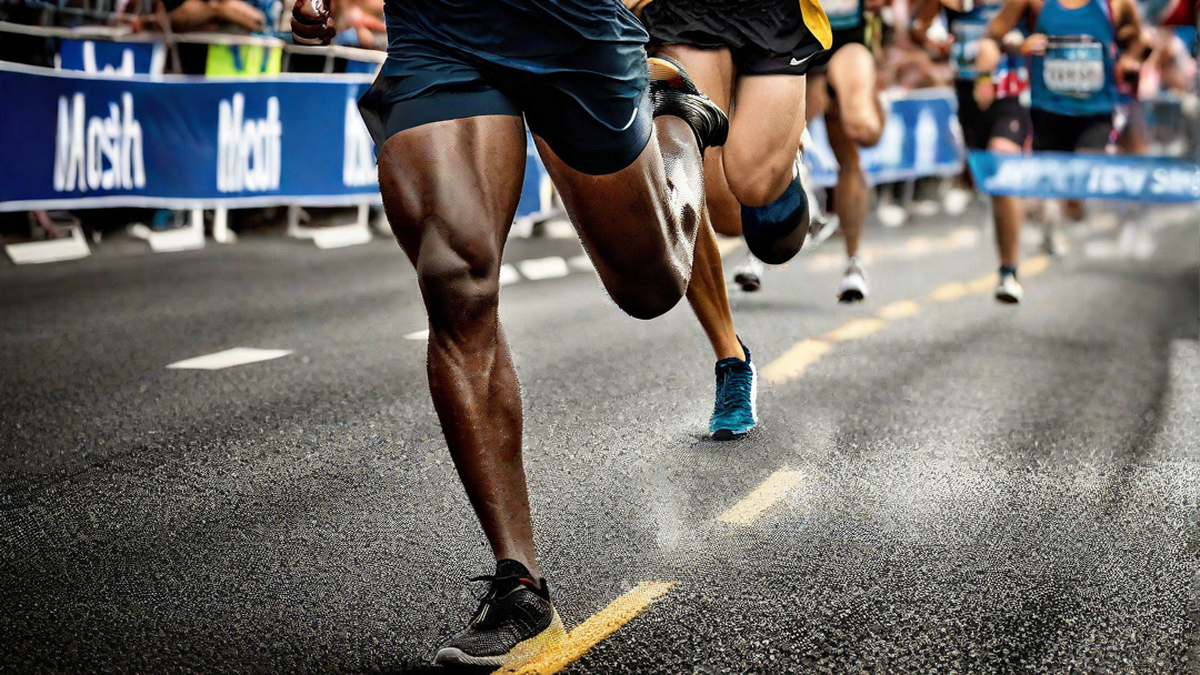Running is a popular form of exercise that helps improve cardiovascular fitness, burn calories, and boost overall health. However, one question that often comes to mind, especially for beginners, is: how slow is too slow when it comes to running? As a passionate runner myself, I understand the importance of finding the right pace that allows you to push yourself while avoiding injury. In this article, I will delve into this topic and provide insights based on my personal experience and research.
The Importance of Finding your Pace
Before we dive into the question of how slow is too slow, it’s crucial to understand the significance of finding your own running pace. The pace at which you run can determine the effectiveness of your workout, help prevent injuries, and improve overall performance. Each individual has a unique fitness level and body composition, so it’s essential to listen to your body and find a pace that works for you.
Factors to Consider
When determining how slow is too slow, it’s important to consider a few key factors:
- Fitness Level: Your current fitness level plays a significant role in determining your pace. A seasoned runner might have a faster pace compared to someone who’s just starting.
- Goals: Your running goals also affect how slow or fast you should go. If you’re training for a marathon or aiming to improve your speed, your pace will be faster compared to someone who’s running for general fitness or stress relief.
- Age and Health: Age and health conditions, such as heart problems or joint issues, can impact your running pace. It’s always crucial to consult with a healthcare professional before engaging in any exercise regimen.
Listening to Your Body
One of the most important aspects of determining how slow is too slow is listening to your body. Running should be enjoyable and sustainable, not a painful or exhausting experience. If you find yourself struggling to maintain a certain pace or experiencing discomfort, it could be a sign that you’re pushing yourself too hard.
Pay attention to how your body feels during and after each run. Gradually increase your pace as your fitness level improves, but always stay within a comfortable range where you can hold a conversation without gasping for air.
Is There Such a Thing as “Too Slow”?
While it’s essential to find a pace that challenges you, there’s no definitive answer to how slow is too slow when it comes to running. As long as you’re moving and staying active, any pace is better than no pace at all. Walking may be a great starting point for beginners or those recovering from an injury, eventually building up to a jogging pace.
Remember, running is a journey, not a race. It’s about improving your fitness, enjoying the process, and reaching your own personal goals. So, don’t get discouraged by comparing your pace to others.
Conclusion
In conclusion, how slow is too slow when it comes to running varies from person to person. It’s crucial to find a pace that aligns with your fitness level, goals, and overall well-being. Listening to your body, being consistent, and gradually challenging yourself will help you find the perfect pace for your running journey. Remember, there’s no rush – enjoy the process and celebrate your progress along the way!

